Swap Agreement Default: Understanding the Consequences
A swap agreement is a contractual arrangement between two parties to exchange financial instruments or assets at a certain point in time. This agreement is used to hedge risks and manage exposures in financial markets. However, there is always a risk of default when entering into a swap agreement.
A swap agreement default occurs when one party fails to meet its obligations to the other party. This can happen due to financial difficulties, bankruptcy, or other unforeseen circumstances. The consequences of defaulting on a swap agreement can be severe for both parties involved.
The first consequence of swap agreement default is a loss of trust between the parties. When a party defaults, it shows that they are not reliable and cannot be trusted to meet their obligations. This can result in a breakdown of the business relationship between the parties, leading to loss of future business opportunities.
The second consequence of swap agreement default is financial loss. When a party defaults on a swap agreement, the other party is left with a financial loss. This loss can be significant, depending on the size and complexity of the swap agreement. The party that defaulted may also face financial loss due to penalties, fees, or legal costs.
The third consequence of swap agreement default is legal action. When a party defaults on a swap agreement, the other party may choose to take legal action. This can be a time-consuming and expensive process that can further damage the business relationship between the parties.
To avoid swap agreement default, it is important to conduct thorough due diligence before entering into a swap agreement. This includes assessing the creditworthiness and financial stability of the other party, as well as the risks and potential consequences of entering into the agreement.
In conclusion, swap agreement default can have severe consequences for both parties involved. It is important to take appropriate measures to prevent default, including conducting due diligence and monitoring the performance of the other party. If default does occur, it is important to take prompt action to minimize the financial and reputational damage.

Commentaires récents